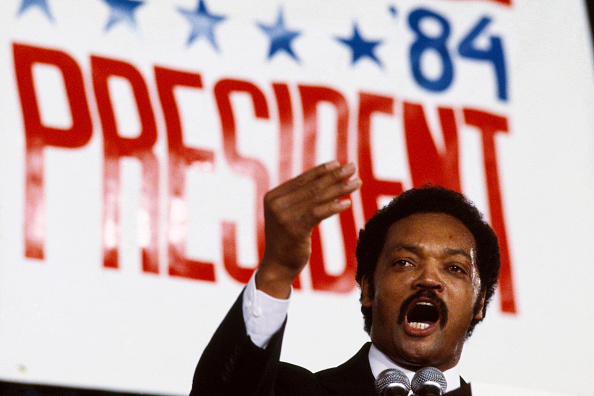How One M&A Team Stopped a Boardroom Implosion by Influencing Beyond the Legal Brief
Influencing skills for Law Firms
When a family business split the boardroom, influence—not analysis—was the skill that saved the deal.
Behind many M&A transactions lies a story that’s more personal than financial. Founders torn between legacy and liquidity. Boardrooms split by risk appetite. Families navigating old tensions under new pressure. Lawyers entering these rooms often discover that legal expertise alone isn’t enough. The challenge isn’t just drafting the deal—but holding it together when emotions threaten to blow it apart.
James, a partner at a leading firm, was advising on the sale of a family-owned manufacturing business. Two siblings—joint owners—were in talks to sell to a major US private equity firm. The stakes were high. For the siblings, this was not just a financial transaction; it was the handover of a lifetime’s work.
James had handled plenty of deals like this. But this one felt unusually brittle. The siblings were barely speaking. One wanted to sell quickly and retire. The other was stalling, anxious that the buyer would gut the company’s culture and reputation.
At a key board meeting, tensions snapped. The siblings began arguing in front of the buyer’s legal and commercial teams. The buyer’s lead negotiator called a break and pulled James aside.
“You need to get your clients aligned—or there’s no deal.”
James was stuck. His brief was legal, not emotional mediation. But if the boardroom broke down, there’d be nothing left to paper over.
That’s when he reached out to Threshold.
Expanding the Frame: It’s All Part of the Job
Talking with Threshold, James recognised a mindset trap: he’d been drawing a hard line between his role as lawyer and the family dynamics unfolding in front of him. But the evidence from high-stakes advisory work is clear—exceptional advisors go beyond the letter of the brief. Influence, not just legal knowledge, is often what turns things around.
Threshold helped James see the impasse differently. Resistance, they reminded him, isn’t a wall—it’s a signal. What looked like an emotional stand-off was an invitation to shift strategy.
Starting with Self-Awareness
James began by looking at himself. He’d grown frustrated with the more cautious sibling, blaming them for derailing the process. We encouraged him to step back and notice the judgment creeping into his tone and posture.
Instead, he reset. He approached both siblings afresh, not as obstacles, but as people facing difficult personal and professional crossroads.
Practising Perspective-Taking
Ahead of the next meeting, James met each sibling separately. He didn’t lead with legal updates. He asked open questions:
- “What does this business mean to you personally?”
- “What feels at stake here, beyond the financials?”
- “What would success look like for you in this deal?”
The conversations unlocked something. One sibling spoke of honouring their parents’ legacy. The other shared guilt about exiting while others stayed behind. James listened and reflected back what he heard:
- “You both care deeply about the people and the reputation you’ve built.”
- “You both want to do right by the legacy—even if your ideas differ.”
These reflections calmed the waters. The siblings stopped seeing James as a paper-pusher. They began to see him as someone who understood the full picture.
Reframing the Problem as Shared
Before the next board session, James brought the siblings together privately. He didn’t start with contracts or risks. He started with values:
- “You both care about legacy. And the buyer wants a deal too—but they need clarity. How can we build a structure that honours both your goals?”
That shift in tone created space. The siblings began to speak to each other—not to argue, but to co-design a solution. James facilitated, shaping the legal architecture around their emerging consensus.
Unlocking the Path Forward with Story
To cement the breakthrough, James used a technique he’d seen modelled in our workshops: story. He shared an anonymised example of a past client—another family business—that had successfully negotiated “heritage clauses” protecting employee welfare and brand identity post-sale.
The siblings leaned in. It was the bridge they needed. They asked James to draft similar provisions into the agreement.
The Outcome
The deal closed—on time and on terms everyone could stand behind. The buyer respected the heritage commitments. The siblings left feeling they had honoured the company and each other. And James? He received heartfelt thanks—and three new referrals from the family’s business network.
Things worked out because James reached out for guidance and stayed open to transforming how he worked.
Influencing skills for Law firms
At Threshold, we help lawyers prepare for moments like this. Our experiential workshops simulate the kind of emotionally charged, high-stakes conversations legal professionals encounter—led by expert roleplayers trained to mirror real client behaviour.
We combine scenario-based learning with personalised coaching, helping participants develop practical skills in perspective-taking, open questioning, and emotional agility. The learning is behavioural, evidence-informed, and designed to stick—with structured follow-up strategies to embed new habits back at work.
Because sometimes, the skill that saves the deal isn’t legal precision—it’s human connection At Threshold, we are helping our clients to ensure that their human workforce is committed, engaged and ready for the technology revolution. We do this by bringing about small shifts in line manager behaviour that make a big difference. To find out more visit www.threshold.co.uk
At Threshold, we are helping our clients to ensure that their human workforce is committed, engaged and ready for the technology revolution. We do this by bringing about small shifts in line manager behaviour that make a big difference. To find out more visit www.threshold.co.uk





